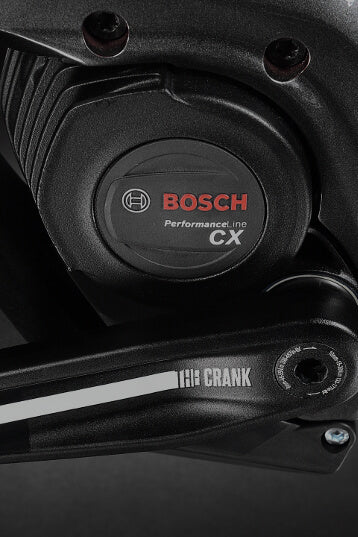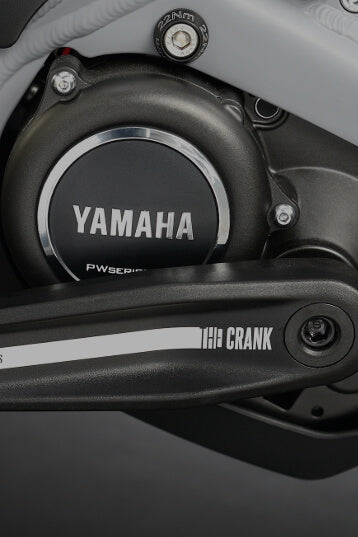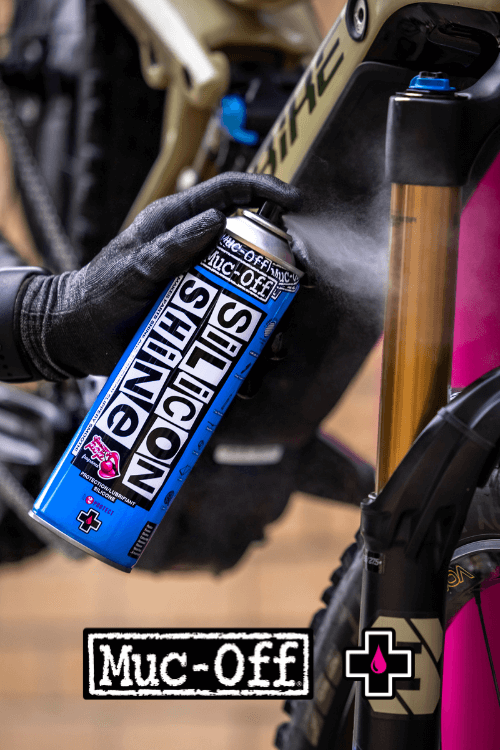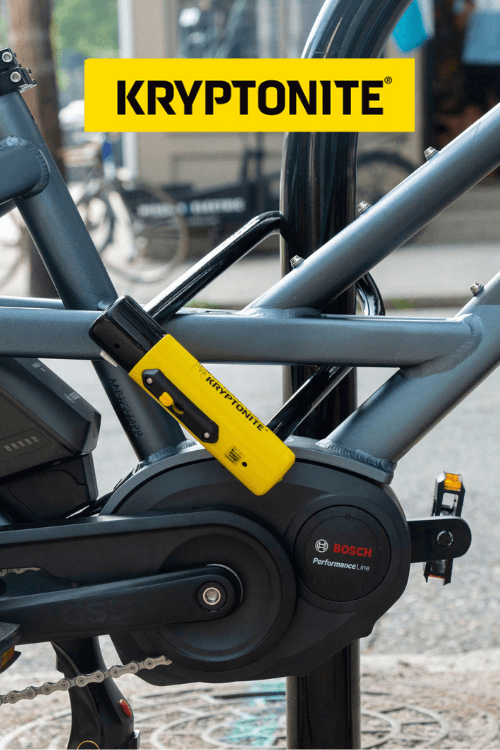
- NEWS
UK Government issues guidelines on lithuim-Ion batteries to e-bike retailers
By Ben Mowbray |
On 12th December 2024, the UK Government provided statutory guidelines to the electric bike industry on battery safety. This is not technically new information. "Statutory guidance" is a set of instructions which explains how to interpret and implement specific pieces of legislation.
This piece of legislation (The General Product Safety Regulations 2005) is quite long winded, so we'll break it down into more easily absorbed chunks.
Quick jump to the best bits:-
- Who is this guidance aimed at?
- Scope/reach of the guidelines
- Purpose of the guidance
- The "GSPR"
- UK Government position on safe electric bike batteries under the GSPR
- What powers do the government have for non-compliance with regulatory requirements?
- What does E-Bikeshop think about the new Government guidance on electric bike battery safety?
Who is this guidance aimed at?
The statutory guidance from the UK Government is aimed at businesses who "produce, import or distribute lithium-ion batteries for use with e-bikes", and this includes those intended for use in conversion kits (whether DIY or a "ready made" product to attach to an ordinary bicycle".

Put simply, this means this guidance is designed to simplify the law on the subject and in way which doesn't require a lawyer to understand. It's relevant and should be adhered to by manufacturers of bikes, their distributors and the end retailer (us!).
Scope/reach of the guidelines
The scope of these new guidelines has been left (almost certainly on purpose) quite wide - designed to encompass all sales of electric bicycles (including conversion kits) in the UK, along with all batteries designed for use in them, through all parts of the chain (import, distribution, end user sale by a retailer).
Purpose of the guidance
The purpose of the newly provided statutory guidance is as you might expect - safety related. Over the last several years (likely on the back of the Covid induced cycling boom), there has been a worrying increase in the number of electric bike fires, some of which has . These have almost exclusively been the lower end of the market - cheap far Eastern imports or DIY conversions.

By providing the statutory guidance, the UK Government hopes to make clear the legislation on electric bike safety standards while seeking to raise the minimum standards of product supplied throughout the supply chain - the aim being a better standard of product which is less likely to pose a fire hazard.
The "GSPR"
The GSPR or "General Product Safety Regulations 2005" is a piece of legislation in the UK which lays out the standard(s) of product put on the market, specifically relating to safety on which this new piece of statutory guidance is based.
Under this legislation there exists a "catchall" piece - "Section 5". It reads as follows;
General safety requirement
5.
(1) No producer shall place a product on the market unless the product is a safe product
(2) No producer shall offer or agree to place a product on the market or expose or possess a product for placing on the market unless the product is a safe product.
(3) No producer shall offer or agree to supply a product or expose or possess a product for supply unless the product is a safe product
(4) No producer shall supply a product unless the product is a safe product.

In short, no manufacturer, distributor or retailer should place on the market a product they know or suspect to be unsafe for sale. This includes/means us.
The onus is on the person selling the product to ensure its a "safe" product and the UK Government will assume its safe (by virtue of retailers selling it) until proven otherwise.
UK Government position on safe electric bike batteries under the GSPR
To be considered a safe product under the GSPR, a battery intended for use with electric bikes or conversion kits must include built in safety mechanisms.
Below are the minimum standards
Battery protection
The battery protective system should;
Include a BMS or "Battery Management System" or other equivalent safety system.
Be able to protect the battery from electrical damage.
Be able to detect the voltage of individual cells, total battery pack current and its temperature during charging and discharging.
Be able to detect and prevent the cells from entering thermal runaway as a result of using an incorrect charger.
Battery design and construction
The design of the battery should be able to resist damage from external sources. This means that the battery should be able to deal with a reasonable amount of foreseeable impact and vibration from normal wear and tear (impact from accidental drops, vibration from riding).
It should be able to protect the battery from high and low temperatures, as well as liquids (water ingress).
It should also be supplied with relevant information to enable consumers to be able to source a suitable charger.
Finally, there should be sufficient information for consumers to learn how to properly use (charge and discharge) their battery, along with any relevant warnings.
What powers do the government have for non-compliance with regulatory requirements?
The Office for Product Safety and Standards along with local authorities have the power to enforce the requirements of the GPSR.
If investigations into non-compliance produce evidence to support, authorities can take action against producers, distributors and retailers by suspending sale of the products, enforce warnings about them to consumers or force their withdrawal from sale.

Failure to bring products inline with compliance and/or to ignore advice, warnings or instructions given could see the person(s) guilty of an offence punishable with financial penalties and/or a custodial sentence -there really is no excuse for selling poor quality electric bikes!
What does E-Bikeshop think about the new Government guidance on electric bike battery safety?
We fully welcome the guidance. Anything which works to increase the quality of products on the market with the aim of better protection of consumers from the worrying number of fires caused by them should be embraced and supported by all good retailers.
We hope it also serves as a warning to those still selling products which don't meet the minimum safety criteria that the Government is actively watching the market and taking steps to remove the products and those who sell them from the field.
This is a subject I covered back in February 2023, where I discussed electric bike battery fires and who might be at risk.

Thankfully, despite having been an electric bike specialist in the industry for more than 12 years and having sold over 30,000 electric bikes globally in that time, we have never had a battery fire.
We can proudly say that this is a direct result of only working with the very top European manufacturers of electric bikes who only use safe and reliable drive systems and batteries from the likes of Bosch, Yamaha, Shimano, Mahle, Fazua and others.
If you're looking for a safe and reliable electric bike, you can take a look at all of our fully compliant electric bikes now.













